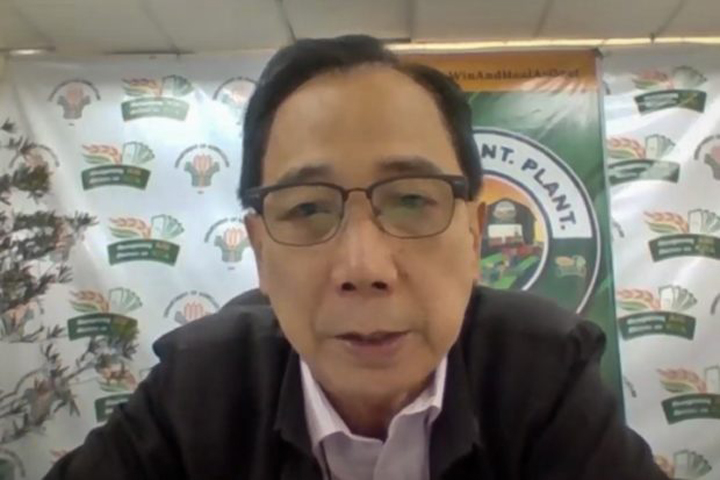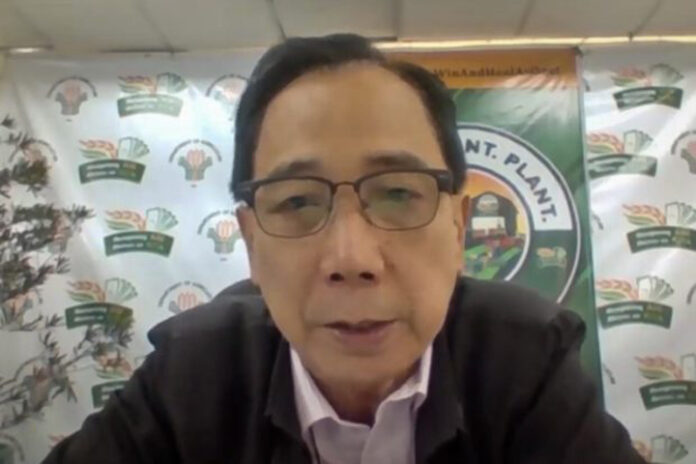
AGRICULTURE Secretary William D. Dar called for greater international cooperation to institutionalize and advance science-driven innovations and
technologies in agriculture to mitigate the adverse impacts of climate change and end hunger by 2030.
“It is important that international pooling of knowledge, science and technology, and new innovations are further encouraged, and that their benefits should extend to all sectors and stakeholders across all nations,” Dar said during the June 15 virtual discussion on “Combating Climate Change and Hunger through Innovation.”
The virtual discussion was part of the 42nd Session of the UN-Food and Agriculture Organization (FAO) Conference.
In the event, Dar emphasized that the world is now at a moment in history wherein technology and globalization are “changing the dynamics of economic progress.”
With this, it is imperative, he said, that the benefits from science-driven innovation reach
small-scale farms and rural families to uplift their lives, especially in the Covid-19 pandemic.
“Because of the complexities brought about by climate change and its impact on food systems, as well as the new normal brought about by the Covid-19 pandemic, we should ensure that the benefits of science-driven innovation find a place in our farms, as well as in the homes of every rural family and ultimately, in every home in all societies,” Dar said.
“We believe that we have here and now an excellent opportunity to reboot and foster together hope, trust, and mutual understanding that are essential for all citizens of the world to survive and prosper,” Dar added.
In response to philanthropist Bill Gates’s lecture during the virtual event, Dar said the Philippine government is “continuously encouraging stronger private sector investments and partnerships to attain sustainable agricultural modernization and industrialization, equitable prosperity, and national food security.”
Dar pointed out: “Agriculture is the mainspring of rural economic progress in the Philippines, and its development is key to addressing the bigger part of our continuing problem of poverty.
“We employ modern technologies and innovations in our ongoing efforts to revitalize productivity and increase incomes of Filipino farmers and fishers, and mitigate the impact of climate change on food security.”
Gates, who delivered the McDougall Memorial Lecture, emphasized the need to help small-holder farmers, especially in low-income countries, invest in results-oriented, climate-resilient agriculture to achieve the sustainable development goals (SDG), according to the Department of Agriculture (DA).
The DA noted that SDG 2 calls for the end of hunger by 2030 and doubling of income and productivity of small-scale food producers.
During the virtual event, FAO Director General Dr. Qu Dongyu said the global community is now facing multiple challenges—from conflicts, climate extremes, and economic downturns, which undermine efforts to end hunger, food insecurity, and inequalities.
To end hunger by 2030, world leaders and stakeholders “must act holistically and perceive the challenges they face through an agri-food systems lens, particularly by opening the door to the world of digital agriculture,” Dongyu said.
“The future of agriculture needs to be built on science, innovations and digital applications that can produce significant gains in terms of increased efficiency, facilitate the good functioning of supply chains, and enhance sustainability,” he added.
Read full article on BusinessMirror

